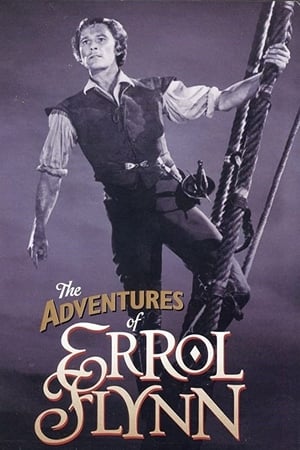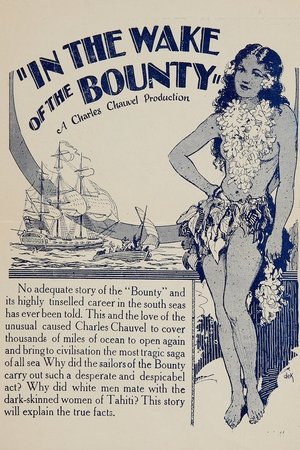Biography
Charles Edward Chauvel OBE (7 October 1897 – 11 November 1959) was an Australian filmmaker, producer and screenwriter and nephew of Australian army General Sir Harry Chauvel. He is noted for writing and directing the films Forty Thousand Horsemen in 1940 and Jedda in 1955. His wife, Elsa Chauvel, was a frequent collaborator on his filmmaking projects. Charles Edward Chauvel was born on 7 October 1897 in Warwick, Queensland, the son of James Allan Chauvel and his wife Susan Isabella (née Barnes), pioneer farmers in the Mutdapilly area.[1][2] He was the nephew of General Sir Harry Chauvel, Commander of the Australian Light Horse and later the Desert Mounted Corps in Palestine during World War I. His father, a grazier, at 53 also enlisted to serve in Palestine and Sinai in World War I. The Chauvels were descended from a French Huguenot family who fled France for England in 1685, and soon established a tradition of serving in the British army. The Australian Chauvels descended from a Charles Chauvel who retired from the Indian Army to New South Wales in 1839 and was a pioneer in the New England region.
Chauvel was educated at the Normanby State School (now the Mutdapilly State School), The Southport School and Ipswich Grammar School in Queensland.[2][3] After leaving school, he worked on Queensland properties, and on his family property when his father was at war, before studying commercial art and taking drama classes in Sydney. He was fascinated by films and pestered a friend, showman Reginald "Snowy" Baker, to give him work as a production assistant; usually, he was the man in charge of the horses. Chauvel worked on The Shadow of Lightning Ridge (1920) and The Jackeroo of Coolabong (1920) with Baker; he also assisted on Robbery Under Arms (1920)
He designed the St Aidan's Church of England in Mutdapilly in 1921 (the church closed in 1974 and is now used as a private residence).[2][4]
Chauvel followed Baker to Hollywood in 1922, at his own expense, and spent some time as a jack of all trades including working as an extra, a lighting technician, a publicist, a stunt double and so on. The films he worked on included Strangers of the Night (1923). Chauvel turned to television, making the BBC series Walkabout which travelled to interesting locations in Australia. He died unexpectedly of coronary vascular disease on 11 November 1959, less than a month after Errol Flynn, whom he cast in In the Wake of the Bounty. According to Ken G. Hall, Chauvel had left a message asking to speak to Hall on the day he died, and left an estate worth £32,000.[13]
In honour of the contribution made to filmmaking by Elsa and Charles Chauvel, the Chauvel Award was created in 1992 to celebrate those who have made an impact on the Australian film industry.[14] It is awarded annually at the Gold Coast Film Festival.[15]
Chauvel Cinema, an art-house cinema in the Sydney suburb of Paddington, is named after him.
Chauvel was posthumously inducted into the Queensland Business Leaders Hall of Fame in 2013.[16]
In 2009 as part of the Q150 celebrations, Charles Chauvel was announced as one of the Q150 Icons of Queensland for his role as an "Influential Artists".[17]





